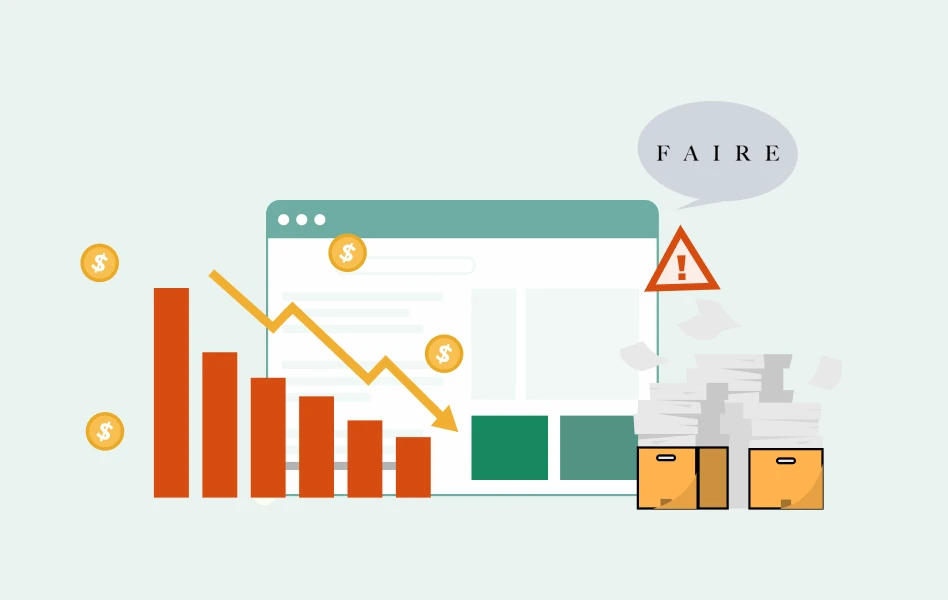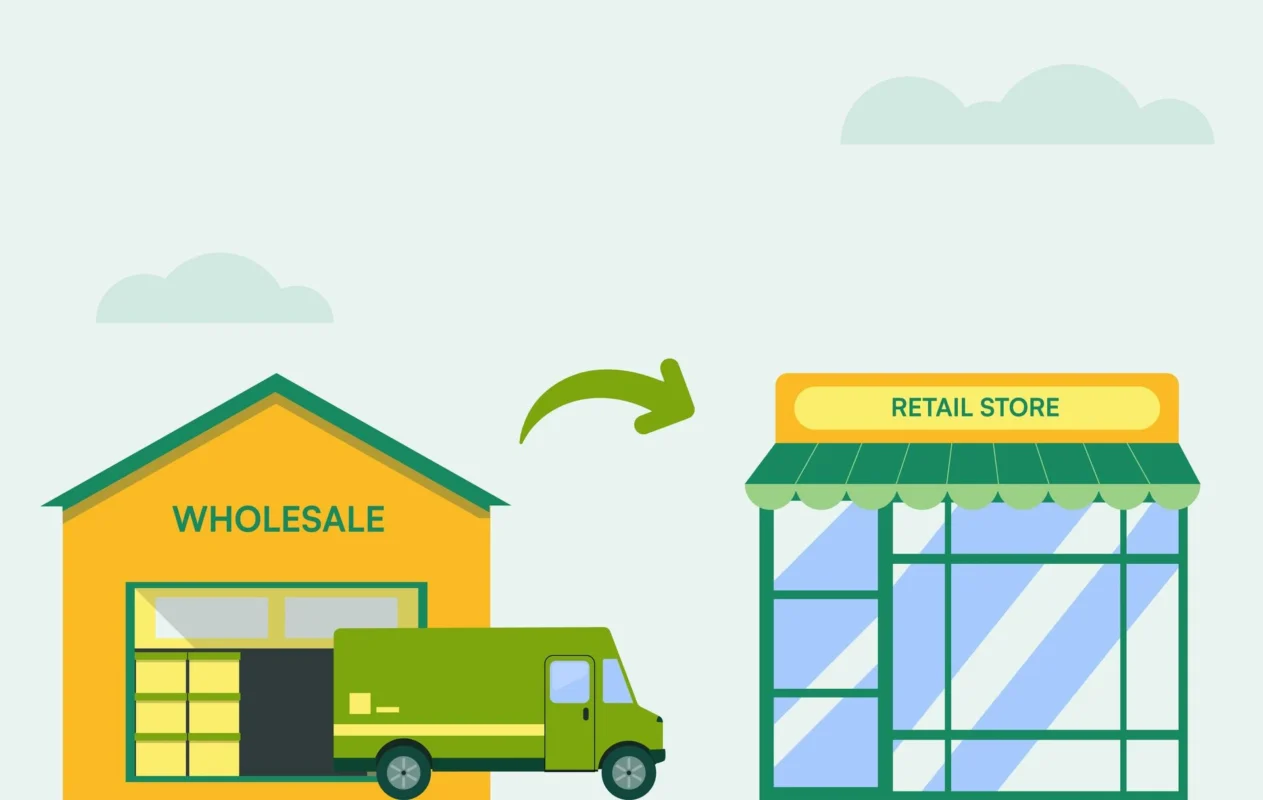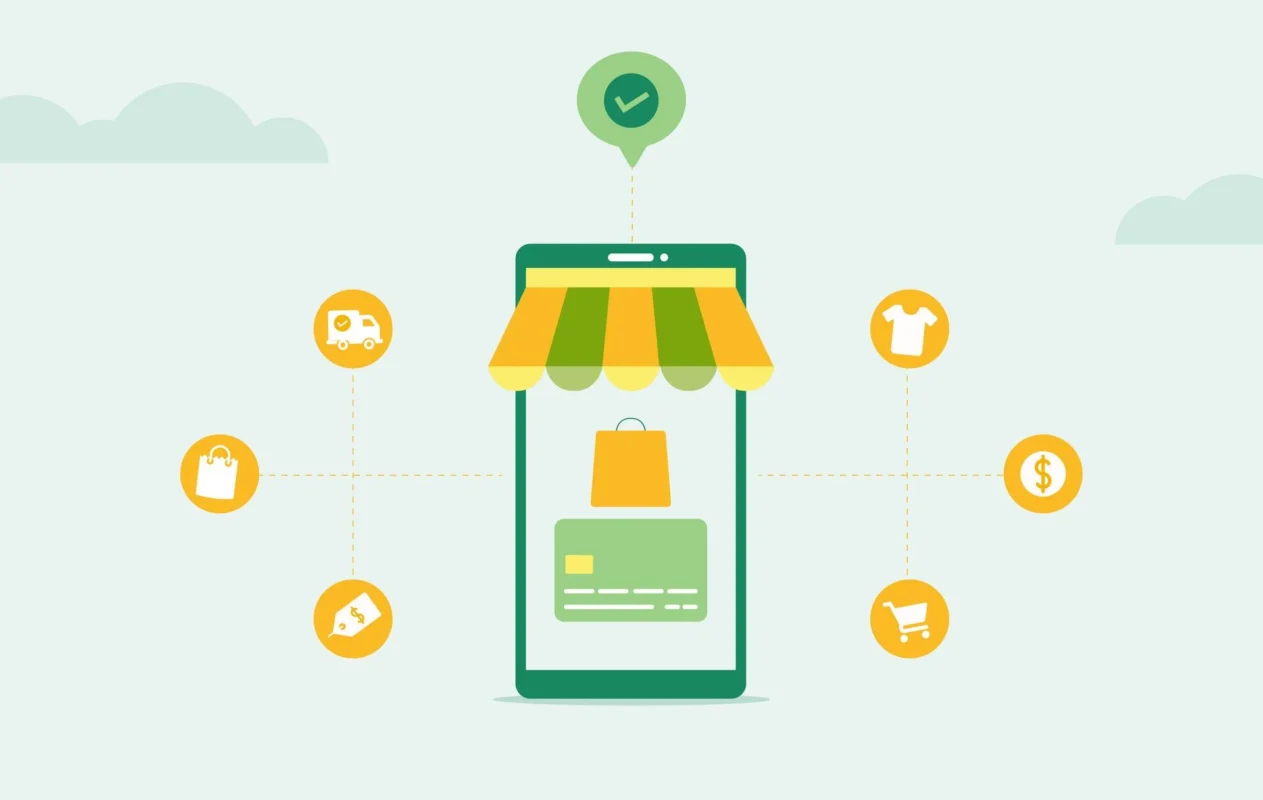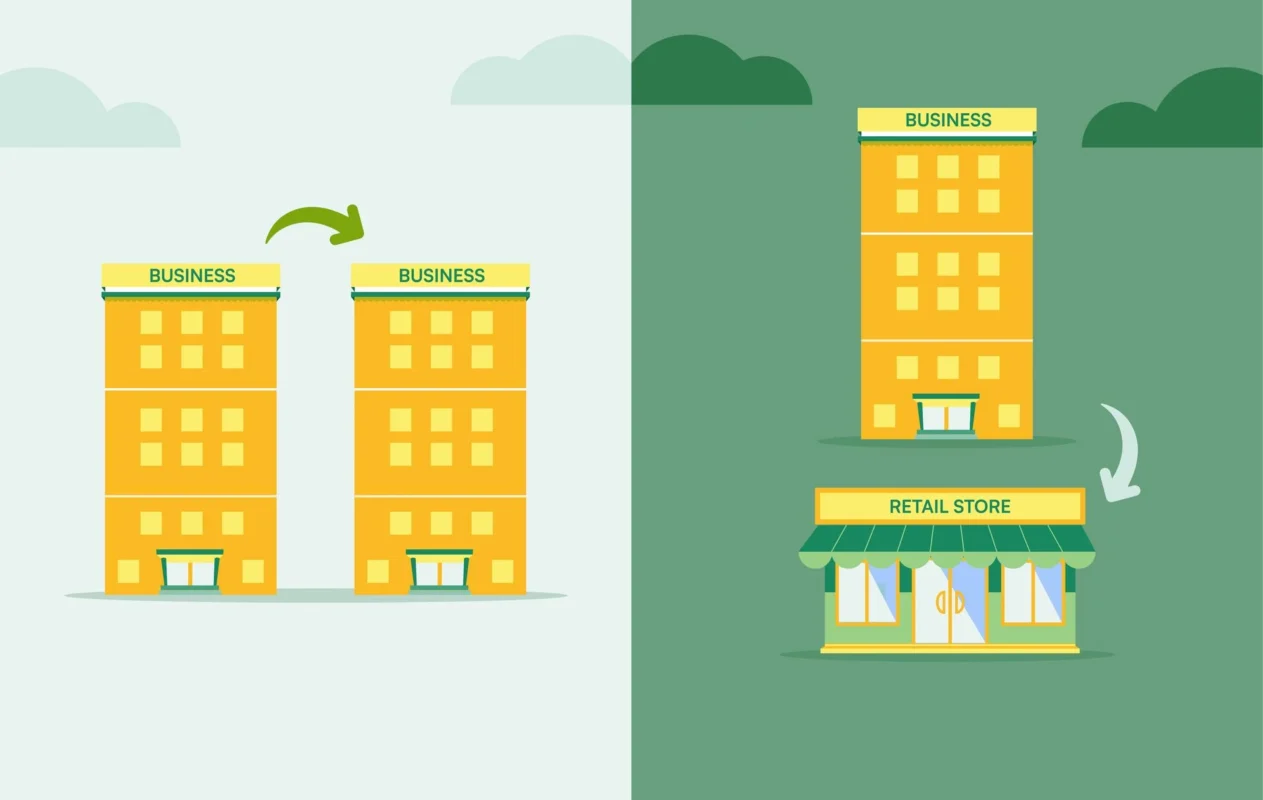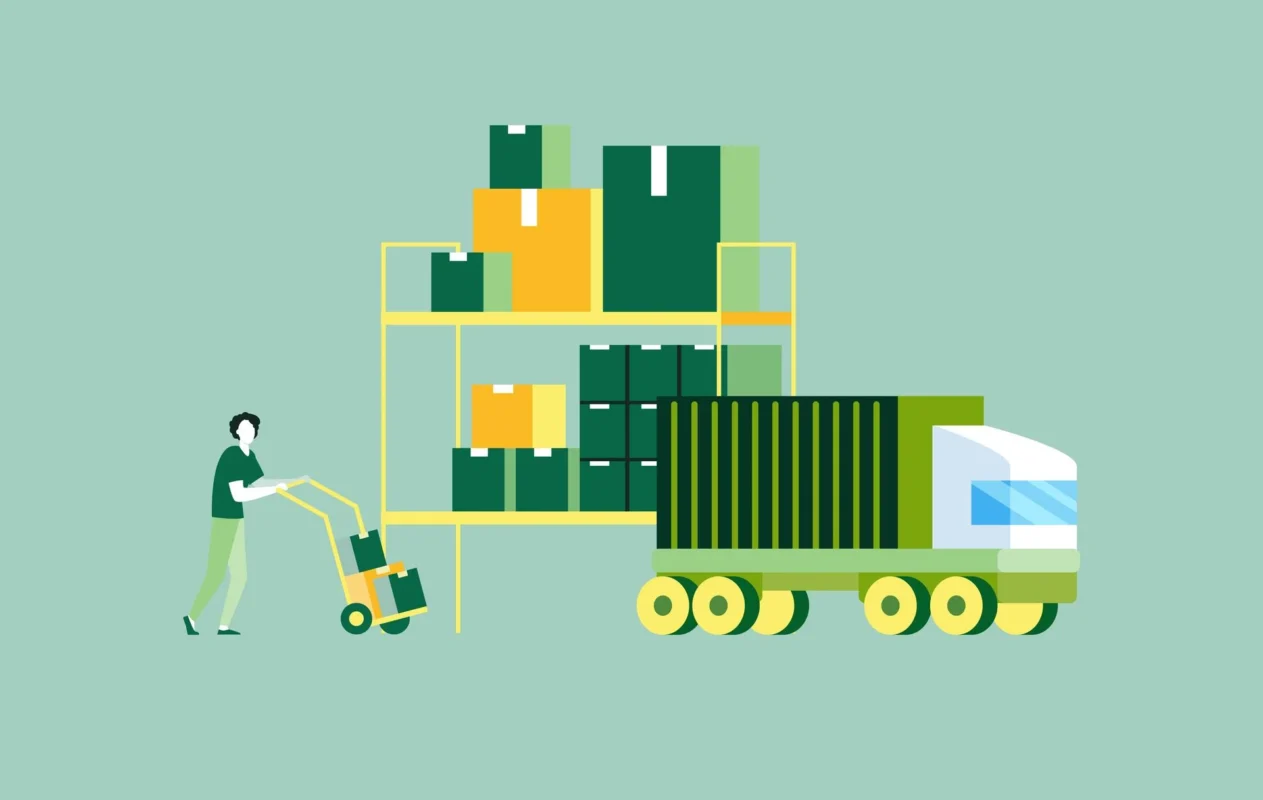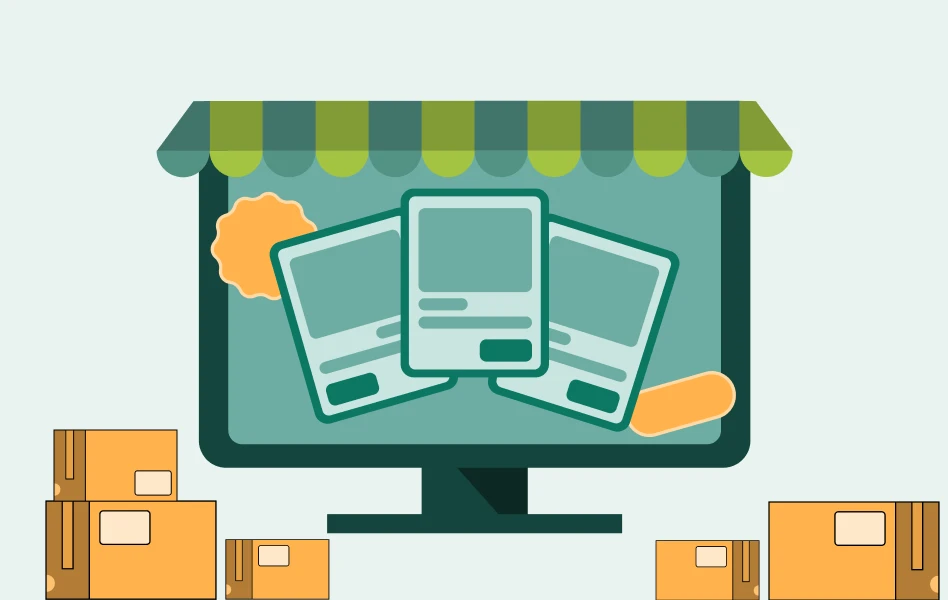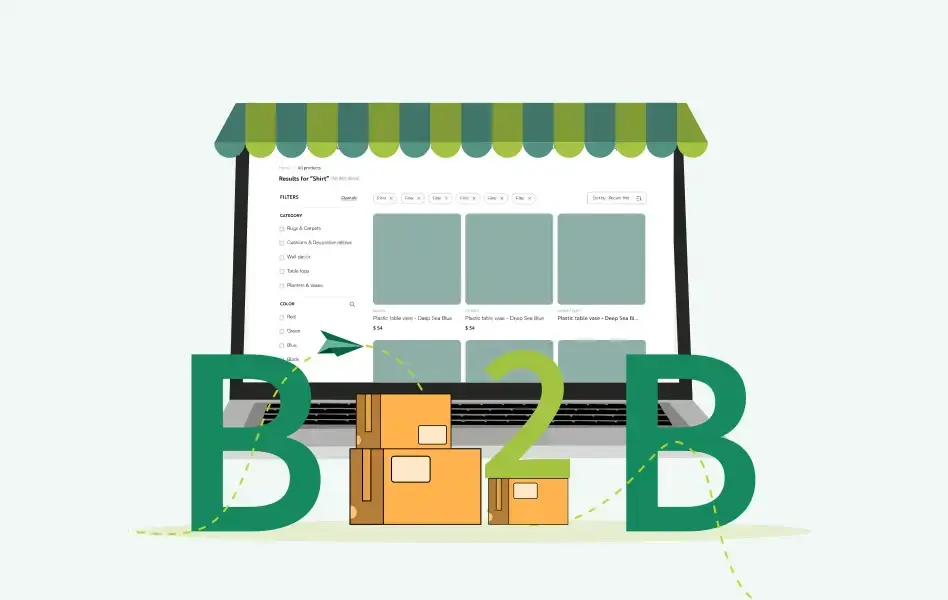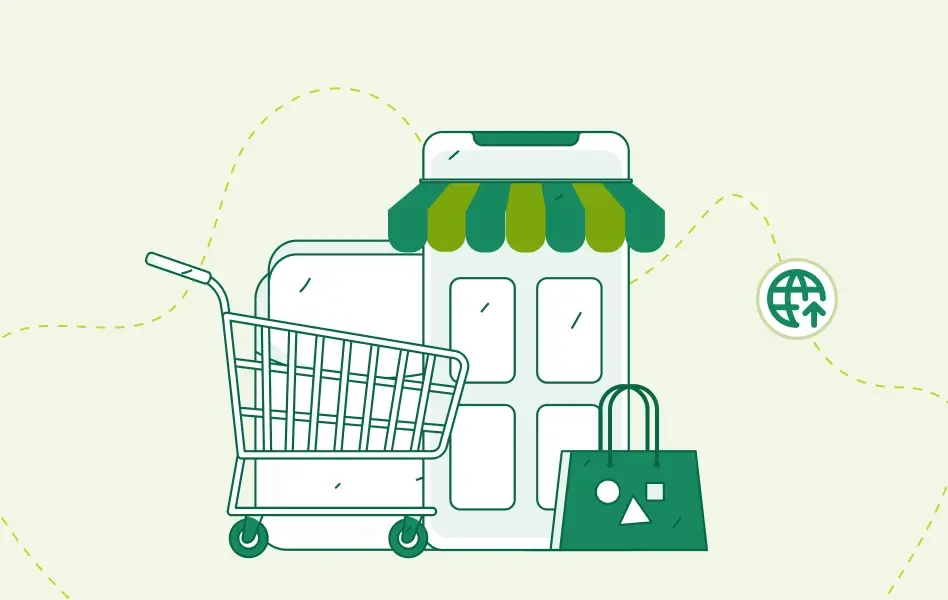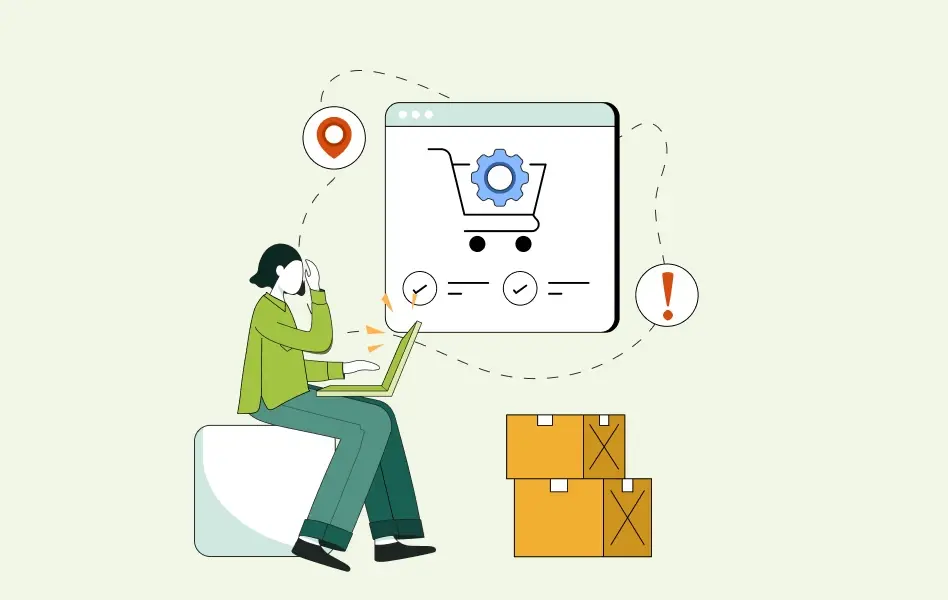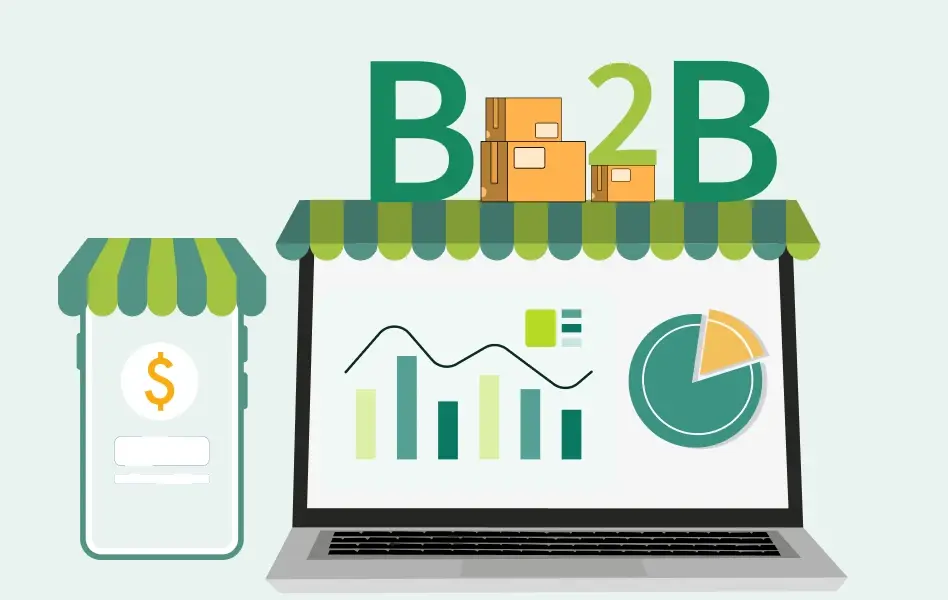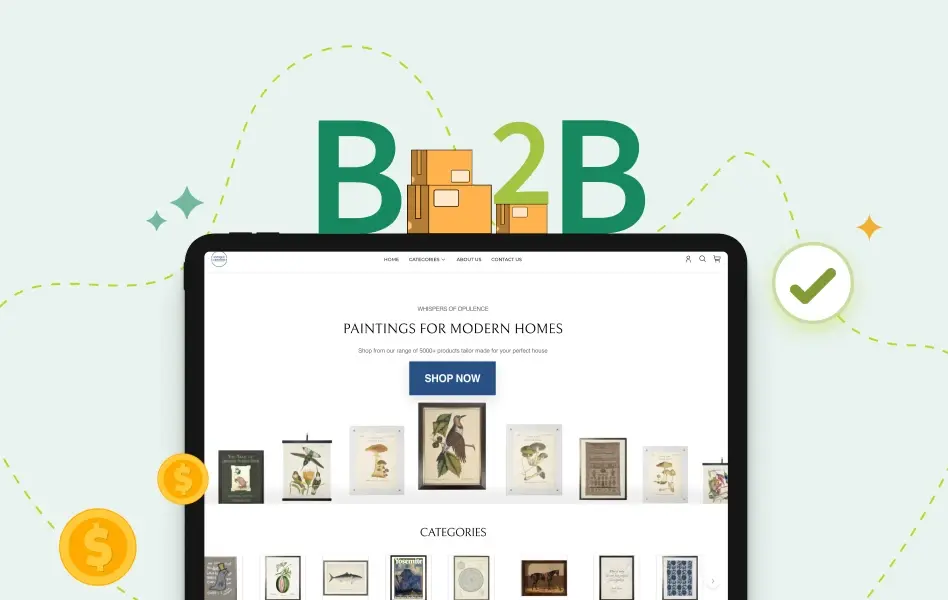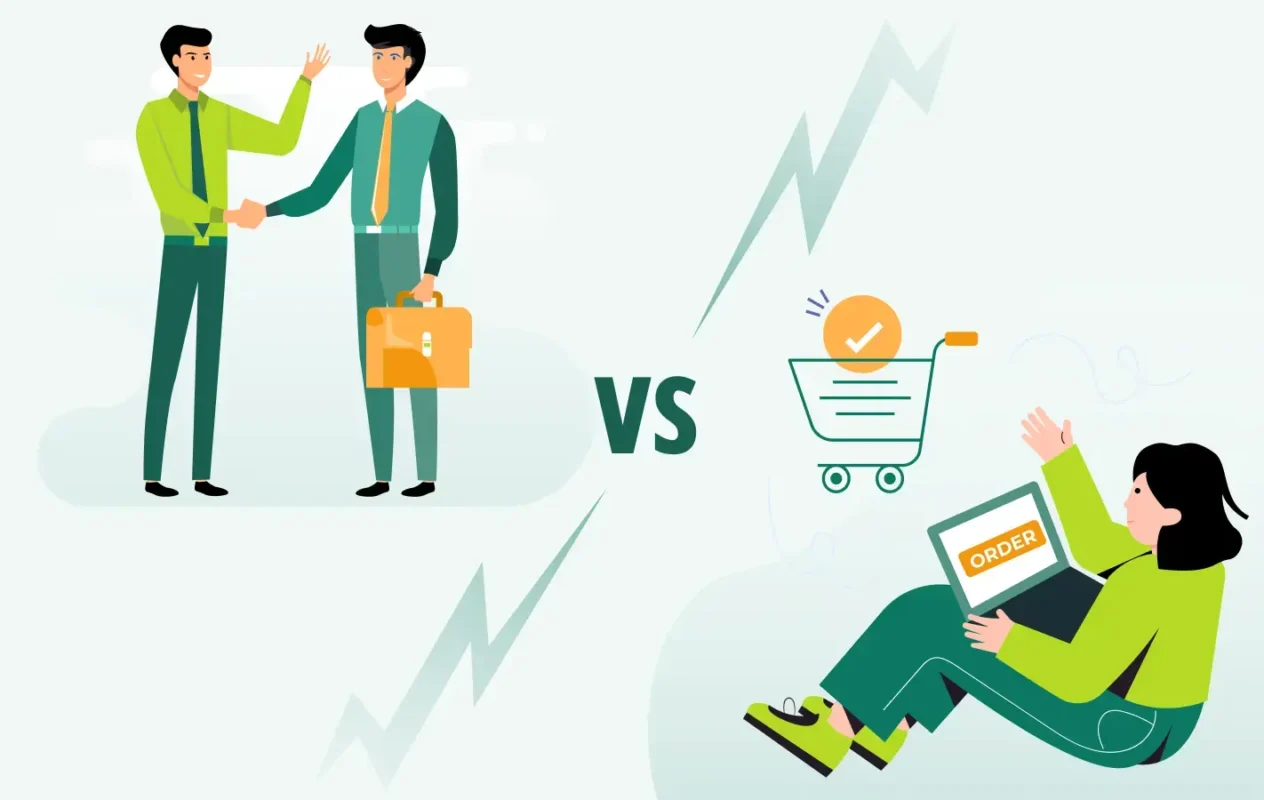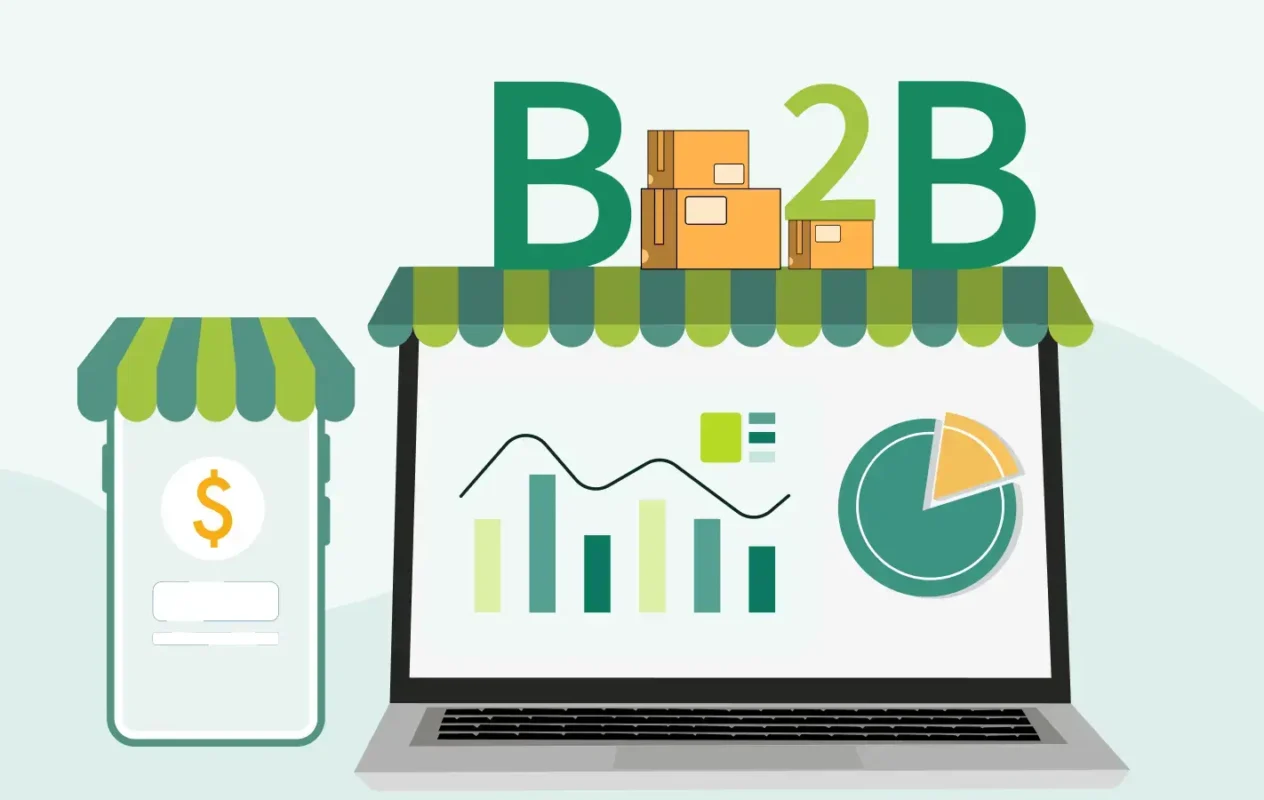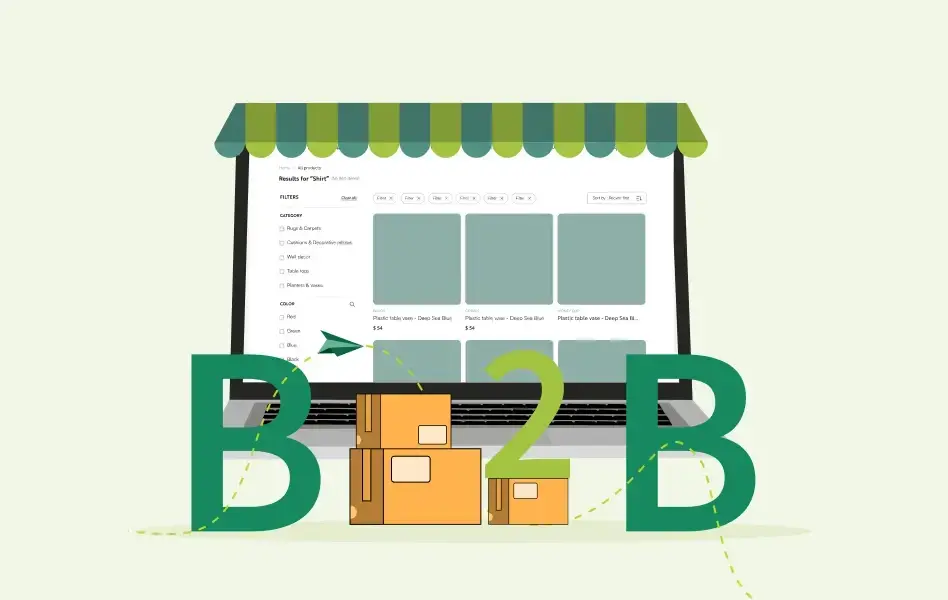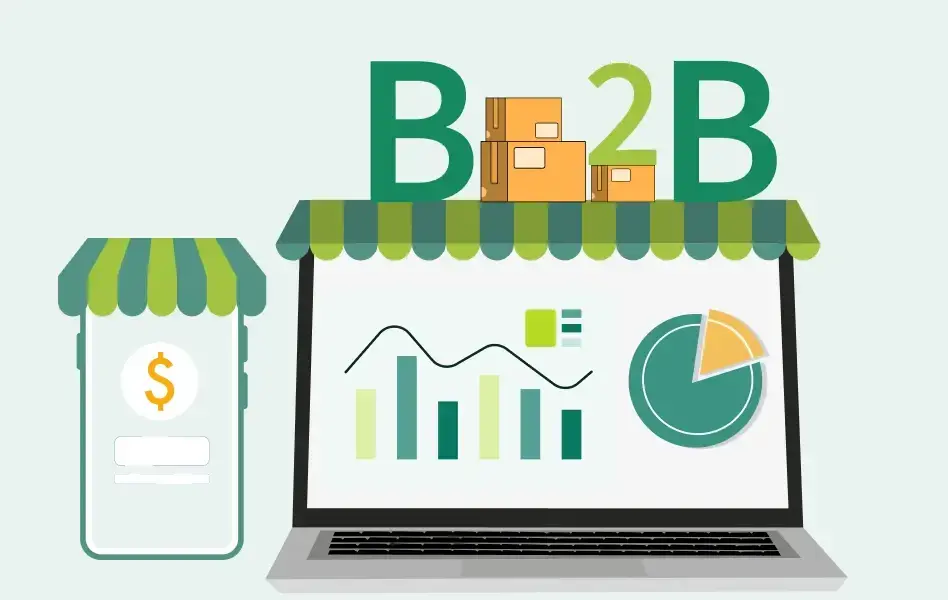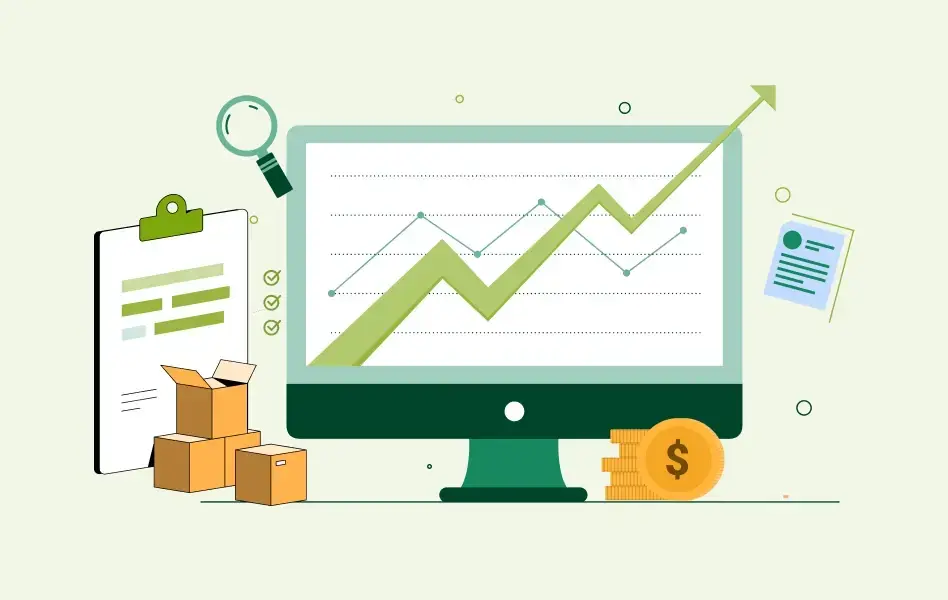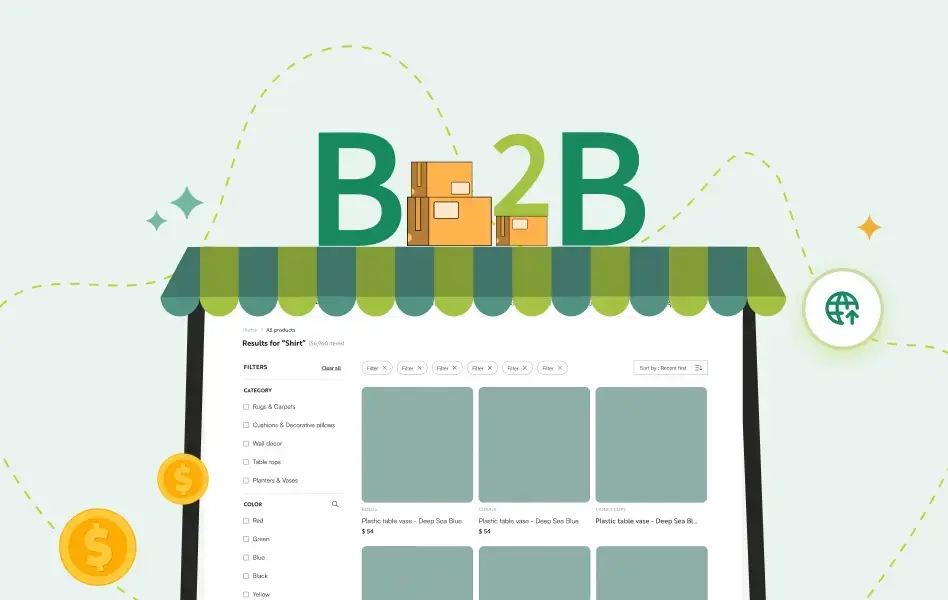Contents
- 1 Who are Wholesale Suppliers?
- 2 Importance of Reliable Suppliers
- 3 Understanding Wholesale Suppliers, Vendors, and Retailers
- 4 Essential Features to Look For in a Wholesale Supplier
- 5 Finding the Best Wholesale Suppliers
- 6 Top 20 Reliable Wholesale Vendors for Small Businesses
- 6.1 1. Worldwide Brands
- 6.2 2. Alibaba
- 6.3 3. Salehoo
- 6.4 4. Tradekey
- 6.5 5. Lightinthebox
- 6.6 6. Banggood
- 6.7 7. Poundwholesale
- 6.8 8. Wholesale Deals
- 6.9 9. Pex Wholesale UK
- 6.10 10. Takaski
- 6.11 11. Q-depot
- 6.12 12. StyleKorean
- 6.13 13. Asianbeautywholesale
- 6.14 14. BuyKorea
- 6.15 15. TradeKorea
- 6.16 16. Tradewheel.com
- 6.17 17. Brandsgateway.com
- 6.18 18. Amazon Business
- 6.19 19. Go4worldbusiness
- 6.20 20. FashionTIY
- 7 Sourcing Unique Items
- 8 Conclusion
Ever wonder how successful entrepreneurs keep their business running like a well-oiled machine? Starting and growing a small business requires more than a great product idea and marketing strategy. One vital component is finding reliable wholesale suppliers for any small business aiming for success. These suppliers are the backbone of your inventory and can significantly impact your profitability and customer satisfaction.
In this guide, we’ll learn what wholesale suppliers are, how they differ from vendor’s, retailers, and drop shippers, and why having reliable suppliers is crucial for your small business. Ready to explore the top vendors list? Let’s start looking for the perfect match for your business needs!
Who are Wholesale Suppliers?
Wholesale suppliers purchase large quantities of products directly from manufacturers and sell them in bulk to wholesale businesses at discounted rates. Wholesale suppliers are business-to-business (B2B) companies that supply the products that retailers sell to customers. This allows businesses to buy lower prices and resell products at a profit.
Importance of Reliable Suppliers
Reliable suppliers ensure a consistent supply of quality products, which helps maintain customer satisfaction and loyalty. They also offer competitive pricing, which can enhance your profit margins. Moreover, dependable suppliers provide timely deliveries, reducing the risk of stockouts and delays that could harm your business reputation.
Understanding Wholesale Suppliers, Vendors, and Retailers
When you’re starting a business, the variety of suppliers can feel overwhelming. Here’s a detailed breakdown to help you understand the different types of suppliers and how they can benefit your business:
1. Wholesale Suppliers
Wholesale suppliers purchase large quantities of products directly from manufacturers and sell them to other businesses at discounted prices. They are crucial in helping small businesses maintain healthy profit margins and meet customer demand without requiring significant upfront investment.
Key Benefits for Small Businesses:
- Wide Range of Products: Small business owners can diversify their inventory with access to a wide selection of items. Regularly introducing new products helps them stay on top of market trends.
- Discounted Prices: Buying in bulk often means lower prices per unit, allowing business owners to keep their prices competitive. You also get extra discounts as you order more, lowering your costs.
- Stable Supply: Having a reliable supplier means you can consistently meet your customers’ demands. This reduces the risk of running out of stock, ensuring you can always fulfil orders.
- Support for Small Orders: Many wholesale suppliers support small minimum order quantities, which is particularly helpful for startups managing their cash flow. This flexibility allows you to test new products without a huge upfront investment.
2. Wholesale Vendors
Wholesale vendors act as intermediaries in the wholesale market. They source products from various manufacturers and sell them to businesses like yours. While they might not always offer the lowest prices, they provide a diverse range of products from multiple sources.
Key Benefits for Small Businesses:
- Diverse Product Range: Access to a variety of products from different manufacturers. This variety allows you to offer unique items that differentiate your store from competitors.
- Convenience: One-stop shop for multiple product categories, simplifying the procurement process. It makes managing supplier relationships easier since you have fewer vendors to coordinate with.
- Flexibility: Unlike larger, more rigid suppliers, smaller vendors often offer more flexible terms to cater to specific business needs. This flexibility may allow custom orders or exclusive products to meet your unique requirements.
3. The Retail Business Model
The Retail Business Model involves purchasing products from wholesalers or vendors and selling them directly to consumers. Retailers add a markup to cover their costs and generate a profit, crucial for making products accessible to the general public.
Key Benefits for Small Businesses:
- Direct-to-Consumer: Facilitates the direct sale of products to end customers. Retailers provide opportunities for upselling by offering premium versions or additional features of a product at the point of purchase. Cross-selling involves suggesting related products or accessories that complement the initial purchase, effectively increasing the total sale per customer.
- Convenient Shopping: Provides a retail environment (physical or online) where consumers can purchase products easily.This includes personalized shopping experiences and dedicated customer service.
- Brand Building: Direct interactions provide opportunities to build brand identity and customer loyalty. Retailers can also gather customer feedback and insights to improve their product offerings.
4. Dropshippers
Drop-shipping companies handle marketing and sales without holding any inventory. When you sell a product, the drop-shipper ships it directly from the supplier to the customer. This model eliminates the need for storage space and inventory management, making it a popular choice for businesses looking to minimize overhead. According to Fundera, 84% of drop-shipping companies need help finding trustworthy suppliers for storing and shipping products.
Key Benefits for Small Businesses:
- Low Overhead Costs: There is no need to invest in inventory or storage space. Drop shipping reduces financial risk as you only purchase products with a confirmed sale.
- Scalability: Quickly scale your business without worrying about inventory management. It allows you to test new products and enter new markets with minimal upfront investment, reducing financial risk and enabling flexible business expansion.
- Flexibility: This enables you to offer diverse products without requiring significant upfront investment. You can quickly adapt to market changes and customer preferences by adding or removing products from your catalog.
Learn More: Top 10 B2B Wholesale Marketplaces to Grow Your Business
Essential Features to Look For in a Wholesale Supplier
When choosing a wholesale supplier, it’s essential to consider several key features to ensure they meet your business needs effectively. Here are the critical aspects to look for:
1. Reliable and Fast Shipping
Timely product delivery is crucial for maintaining customer satisfaction and avoiding stockouts. Reliable suppliers should have a proven track record of on-time deliveries. Delays can result in lost sales and frustrated customers, harming your business reputation. Next, you must look for suppliers with positive reviews regarding their shipping reliability and speed. Lastly, you should consider suppliers who partner with reputable logistics companies, ensuring your products arrive safely and on time.
2. Competitive Pricing
One of the main reasons to buy from a wholesale supplier is to get products at prices that allow you to maintain healthy profit margins. It would help if you ensured the supplier offers competitive pricing, including volume discounts. Negotiating terms based on your purchase volume is beneficial, as larger orders often result in better pricing. Always compare prices from multiple suppliers to ensure you’re getting the best deal. Remember, the cheapest option is not the best if it compromises quality or service.
3. Flexible Return Policy
A good return policy protects your investment by allowing you to return defective or unsellable products without hassle. This is particularly important for maintaining inventory quality and customer satisfaction. You should always ensure the supplier’s return policy is transparent and fair and that they handle returns promptly. A supplier with a flexible return policy can save you from significant losses if products arrive damaged or are not as described.
4. Support for Dropshipping Programs
The supplier must support the dropshipping model if you plan to use it. This includes seamless integration with your e-commerce platform and reliable order fulfilment. An excellent dropshipping supplier should offer automated processes for order management, inventory updates, and tracking information. This support lets you focus on marketing and sales without worrying about inventory and shipping logistics.
5. Small Minimum Order Quantities
Suppliers should accommodate small businesses by offering low minimum order quantities (MOQs). This flexibility allows you to manage cash flow better and avoid overstocking. Small MOQs are especially beneficial if you’re testing new products or have limited storage space. It will enable you to start small and scale up as demand grows without the pressure of significant initial investments.
6. Secure and Accessible Payment Options
Ensure that the supplier offers secure payment methods to protect your transactions. Additionally, look for flexible payment terms, like net 30 or net 60, which allow you to pay your invoice 30 or 60 days after receiving the goods. These terms can help you manage your cash flow more effectively by giving you more time to sell the products before payment is due.
Flexible payment terms from your supplier can help improve your cash flow. For example, with net 30 or net 60 terms, you have 30 or 60 days to pay the supplier after receiving the products. This gives you more time to sell the products before you need to pay for them.
Finding the Best Wholesale Suppliers
Knowing what features to look for in a wholesale supplier is important, but finding the best ones involves understanding their policies, doing thorough research, and building strong relationships. These steps will help you establish a solid foundation for your supply chain, ensuring that you can meet customer demand and achieve your business goals.
1. Understand the Return and Refund Policy
Before you commit to a supplier, it’s crucial to understand their return and refund policy. A transparent and fair policy can save you a lot of headaches down the line. You want to ensure that if products arrive defective or unsellable, you can return them and get refunds or replacements without hassle. Here are some points to consider:
- Clarity and Fairness: Ensure the policy is clear and easy to understand, with no hidden clauses.
- Return Process: Ask the supplier to walk you through their return process to see how it works.
- Response Time: Check how quickly they process returns and refunds.
- Cost of Returns: Determine who is responsible for the cost of returns – you or the supplier.
- Documentation Requirements: Understand what documentation is required to process returns.
2. Research Products and Suppliers Thoroughly
Conducting comprehensive research on potential suppliers is essential. This will help you gauge their reliability and the quality of their products. Here’s what you should look for:
- Reviews and Testimonials: Read feedback from other businesses that have worked with the supplier. This can provide valuable insights into their reliability and service quality.
- Industry Reputation: Check the supplier’s reputation within the industry. Are they known for quality and reliability?
- Certifications and Compliance: Verify their certifications and ensure they comply with industry standards.
- Product Samples: Request samples to assess the quality of their products firsthand. This can help you avoid unpleasant surprises later.
- Experience with Similar Businesses: Look for suppliers who have experience working with businesses like yours. They’ll be more likely to understand your specific needs.
- Supply Chain Stability: Investigate their supply chain to ensure they can consistently meet your demand.
3. Negotiate Terms and Build Relationships
Building a solid supplier relationship can pay off in the long run. Good relationships can lead to better terms, such as discounts, favorable payment terms, and priority support. Here’s how to do it:
- Pricing and Discounts: Negotiate for better pricing and explore volume discounts.
- Payment Terms: To manage your cash flow, discuss favorable payment terms, like net 30 or 60.
- Support Services: Ask for additional support services such as priority shipping or a dedicated account manager.
- Regular Communication: Contact your suppliers regularly to build rapport. This can make it easier to resolve issues and negotiate better terms.
- Feedback Mechanism: To build a strong partnership, provide regular feedback to your suppliers on their products and services.
- Long-term Partnership: Emphasize the potential for a long-term partnership. Suppliers often offer better terms to businesses they see as long-term partners.
Top 20 Reliable Wholesale Vendors for Small Businesses
Finding reliable wholesale vendors is crucial for the success of your small business. This guide provides a detailed overview of some of the best wholesale vendors known for their quality products, good service, and reliability. Each entry includes key features, pricing information, and the pros and cons to help you make an informed decision.
1. Worldwide Brands
Worldwide Brands offers a comprehensive list of certified suppliers. It connects you with thousands of reputable wholesalers and drop shippers, making finding reliable sources for your business needs easier.
Key Features:
- An extensive directory of certified wholesalers and drop shippers.
- Regular updates to ensure up-to-date information.
- Access to a wide range of product categories.
Pros:
- Reliable and regularly updated list.
- Large selection of suppliers.
- A one-time payment that provides lifetime access.
Cons:
- High initial cost.
- No free trial or monthly payment option.
Pricing:
- Worldwide Brands charges a one-time membership fee of $299 for access to its wholesalers and drop shippers directory. This fee grants users lifetime access to the platform’s extensive database of suppliers, making it a valuable resource for businesses seeking reliable product sources.
2. Alibaba
Alibaba is one of the largest global sourcing platforms, offering a wide range of products from verified suppliers. It also includes Trade Assurance, which protects orders from payment to delivery.
Key Features:
- Global sourcing with millions of products.
- Trade Assurance for secure transactions.
- Verified supplier badges for trusted sellers.
Pros:
- Extensive product range.
- Secure transactions with trade assurance.
- Competitive prices.
Cons:
- Quality can vary between suppliers.
- Communication barriers with some international suppliers.
Pricing:
- Alibaba allows users to join for free, with costs varying depending on the suppliers and products chosen.
3. Salehoo
Salehoo connects you to over 8,000 verified suppliers and brands. It’s known for its extensive network of trusted suppliers and offers a research lab to help you find profitable products quickly.
Key Features:
- Access to an extensive network of verified suppliers
- Product research lab for finding trends
- Community support and training materials
Pros:
- Trusted supplier network
- Useful research tools
- Affordable annual membership
Cons:
- Limited to specific product categories
- Requires membership to access full features
Pricing:
-
SaleHoo offers various pricing tiers, from limited free access to $150 monthly for full features.
4. Tradekey
Tradekey provides suppliers from over 16 countries and is free for buyers. It offers a global perspective on wholesale suppliers, making finding the right products at competitive prices easier.
Key Features:
- A global network of suppliers from multiple countries.
- Free membership for buyers.
- Extensive product categories.
Pros:
- Free access for buyers.
- Wide range of suppliers and products.
- Global reach.
Cons:
- Premium membership is required for additional features.
- The quality of suppliers can vary.
Pricing:
- Tradekey is exclusively free for buyers and its premium memberships available.
5. Lightinthebox
Lightinthebox features various categories and partners with logistics companies like DHL for reliable shipping. It’s known for its diverse range of products and dependable delivery services.
Key Features:
- Wide range of product categories.
- Reliable shipping through partners like DHL.
- Competitive prices.
Pros:
- Diverse product selection.
- Reliable and fast shipping.
- Competitive Pricing.
Cons:
- Shipping costs can add up.
- Quality control can vary.
Pricing:
- Lightinthebox is free to join, which makes it accessible for small businesses looking to source products without an initial investment. The prices of products vary widely based on the type and category of items you are interested in.
6. Banggood
Banggood is a China-based supplier offering dropshipping services. It provides a wide array of products, making it an attractive option for businesses looking to minimize inventory management.
Key Features:
- Extensive product range.
- Dropshipping services are available.
- Competitive Pricing.
Pros:
- Large selection of products.
- Dropshipping support.
- Affordable prices.
Cons:
- Shipping times can be long.
- Quality can vary.
Pricing:
- It’s free to join, although the costs may vary based on their products.
7. Poundwholesale
Poundwholesale is a UK-based vendor that offers global delivery services. It specializes in serving small businesses with low minimum order quantities and provides a range of products suitable for various markets.
Key Features:
- Low minimum order quantities.
- Global delivery services.
- Wide range of affordable products.
Pros:
- Ideal for small businesses.
- Low minimum orders.
- Wide product range.
Cons:
- Primarily focuses on budget products.
- Limited premium product options.
Pricing:
The prices of products vary depending on the category and specific items, providing flexibility to suit different budgets. Regular discounts and special offers often allow you to snag great deals on quality merchandise.
8. Wholesale Deals
Wholesale Deals provides access to deals from eBay suppliers. It helps you find discounted products from various suppliers, making it easier to source good deals on quality items.
Key Features:
- Access to deals from eBay suppliers.
- Discounted products from various categories.
- Regularly updated deals.
Pros:
- Great for finding bargains.
- Regularly updated deals.
- Wide range of products.
Cons:
- Requires membership.
- Deals can be competitive and time-sensitive.
Pricing:
- Wholesale Deals charges a membership fee, typically around $20 per month. This fee grants you access to a range of discounted products from various suppliers, helping you secure great deals and expand your inventory.
9. Pex Wholesale UK
Pex Wholesale specializes in baby clothes for the UK and EU markets. It offers quality items that cater specifically to the niche market of baby products.
Key Features:
- Specializes in baby clothes.
- High-quality products.
- Focus on UK and EU markets.
Pros:
- Niche market focus.
- High-quality baby products.
- Reliable supplier of baby clothing.
Cons:
- Limited to baby products.
- Primarily serves UK and EU markets.
Pricing:
- Pex Wholesale UK is free to join; prices vary based on products.
10. Takaski
Takaski focuses on high-quality Japanese goods for niche markets. This supplier is ideal for businesses offering unique Japanese products that stand out.
Key Features:
- High-quality Japanese products
- Niche market focus
- Unique product offerings
Pros:
- Unique and high-quality products
- Ideal for niche markets
- Reliable Japanese goods
Cons:
- Limited to Japanese products
- Higher shipping costs for international delivery
Pricing:
- Takaski is free to join, with no membership fees. Product prices vary depending on the item, giving you flexibility in what you choose to buy. This means you can find high-quality Japanese goods at competitive rates without any upfront costs.
11. Q-depot
Q-depot specializes in Japanese and Korean cosmetics. It provides high-demand beauty products, making it a popular choice among beauty retailers.
Key Features:
- Focus on Japanese and Korean cosmetics.
- High-demand beauty products.
- Reliable supplier network.
Pros:
- Popular beauty products.
- High-quality cosmetics.
- Reliable supplier for beauty retailers.
Cons:
- Limited to beauty products.
- Competitive market.
Pricing:
- Joining Q-depot is completely free, with no membership charges.
12. StyleKorean
StyleKorean focuses on Korean beauty products and is known for its extensive range of skincare and makeup products. It’s a go-to supplier for beauty businesses wanting to tap into the popular Korean beauty trend.
Key Features:
- Extensive range of Korean beauty products
- Reliable shipping and delivery
- Competitive Pricing
Pricing:
- Free to join; prices vary based on products
Pros:
- Wide selection of beauty products
- High-quality Korean cosmetics
- Trusted supplier in the beauty industry
Cons:
- Limited to beauty products
- May face competition from other beauty suppliers
13. Asianbeautywholesale
Asianbeautywholesale offers fashion and cosmetics from over 700 brands. This supplier provides a wide selection of beauty and fashion products, helping you cater to diverse customer preferences.
Key Features:
- Over 700 brands of fashion and cosmetics.
- Wide product selection.
- Competitive Pricing.
Pricing:
- Free to join; prices vary based on products
Pros:
- Large selection of brands.
- Wide range of products.
- Competitive prices.
Cons:
- Focus on beauty and fashion products.
- Shipping times can vary.
14. BuyKorea
BuyKorea connects you to over 50,000 Korean sellers. Offering a variety of Korean products, this platform makes it easy to source unique and high-quality items, which is ideal for businesses looking to offer exclusive products.
Key Features:
- Connects to over 50,000 Korean sellers
- Wide range of Korean products
- Easy sourcing platform
Pros:
- Access to an extensive network of sellers.
- Unique Korean products.
- Reliable sourcing platform.
Cons:
- Focus on Korean products.
- Quality can vary between sellers.
Pricing:
- BuyKorea provides a free membership option, allowing users to join without any initial cost. However, the prices for products on the platform vary depending on the specific items chosen for purchase. This flexible pricing model enables buyers to select products that fit within their budget and requirements.
15. TradeKorea
TradeKorea features a wide range of KITA products. Trusted by many businesses for its reliable Korean goods, TradeKorea ensures consistent quality and service.
Key Features:
- Wide range of Korean products.
- Verified suppliers.
- Reliable and consistent quality.
Pros:
- Trusted platform for Korean products.
- Consistent quality.
- Reliable suppliers.
Cons:
- Limited to Korean products.
- Competitive market.
Pricing:
- TradeKorea is free to join with no membership fees. Product prices vary depending on the items, allowing flexibility in your purchasing choices. This makes it easy to source a wide range of Korean products at competitive rates without any upfront costs.
16. Tradewheel.com
Tradewheel.com is a global vendor with verified seller badges, ensuring reliability through its verification processes. It offers a wide range of products from trusted suppliers.
Key Features:
- Verified seller badges for reliability.
- Wide range of global products.
- Competitive Pricing.
Pros:
- Reliable and verified suppliers.
- Wide product selection.
- Competitive prices.
Cons:
- Quality can vary between suppliers
- It may require negotiation for the best deals
Pricing:
- Tradewheel.com is free to join; prices vary based on products.
17. Brandsgateway.com
Brandsgateway is a luxury fashion marketplace. It focuses on high-end fashion items, making it an excellent choice for businesses in the luxury segment. If you’re looking to offer premium fashion products, Brandsgateway provides access to exclusive brands and items.
Key Features:
- Focus on luxury fashion items.
- Access to exclusive brands.
- High-end product offerings.
Pros:
- Exclusive and premium products.
- Ideal for the luxury market.
- High-quality fashion items.
Cons:
- High membership cost.
- Limited to luxury fashion.
Pricing:
- Membership fee varies; typically around $199 per month
18. Amazon Business
Amazon Business offers an extensive product range and a trusted platform, providing reliable sourcing options. Amazon Business has quickly emerged as one of Amazon’s most rapidly expanding endeavors, achieving $35 billion in annualized sales by 2023, marking a significant milestone in its growth trajectory. With features like multi-user accounts and purchase approvals, it’s designed to meet the needs of businesses, ensuring convenience and efficiency in procurement.
Key Features:
- Extensive product range.
- Trusted Amazon platform.
- Business-specific features.
Pros:
- Wide product selection.
- Reliable and trusted platform.
- Convenient business features.
Cons:
- Competitive marketplace.
- Quality can vary between sellers.
Pricing:
- Amazon Business is free to join. However, it offers a range of subscription plans with pricing tailored to the needs of businesses, including features such as analytics and procurement solutions. For specific pricing information, it’s recommended to visit the Amazon Business website or contact their sales team directly.
19. Go4worldbusiness
Go4worldbusiness is a global B2B marketplace headquartered in India. It provides global access to a wide range of suppliers, making finding the right products easier. This platform is ideal for businesses looking to expand their sourcing options internationally.
Key Features:
- A global network of suppliers.
- Wide range of products.
- Free membership for buyers.
Pros:
- Wide selection of suppliers.
- Global reach.
- Free access for buyers.
Cons:
- Premium membership is required for additional features.
- Quality can vary between suppliers.
Pricing:
- Go4worldbusiness offers a wide range of services as it’s free for buyers and also premium memberships are available.
20. FashionTIY
FashionTIY is a US-based marketplace with no minimum order quantities (MOQs). It offers flexible ordering options for small businesses, helping you manage inventory and cash flow effectively. FashionTIY has become the go-to supplier for over 50,000 small and medium-sized wholesalers and retailers in North America and Europe, emerging as the most competitive one-stop procurement platform for SMEs online.
Key Features:
- No minimum order quantities.
- Flexible ordering options.
- Wide range of products.
Pros:
- Ideal for small businesses.
- Flexible MOQs.
- Wide product selection.
Cons:
- Focus on fashion and accessories.
- Shipping times can vary.
Pricing:
- By exploring these top wholesale vendors, you can find reliable suppliers who offer quality products, good service, and the support you need to grow your business. Whether you’re looking for specific niche items or a broad range of products, these vendors provide excellent options to meet your diverse business needs.
Learn more: TopWholesale B2B E-commerce platforms.
In today’s competitive market, making your business stand out is essential. One way to do this is by offering unique products that your competitors don’t have. Sourcing distinctive items can really set your business apart.
Here’s why finding unique products is important and how you can find reliable wholesale vendors around the world:
Sourcing Unique Items
In today’s competitive market, offering unique products can set your business apart. Here’s why sourcing unique items is vital and how you can find reliable wholesale vendors globally:
1. Why Sourcing Unique Products Matters:
- Differentiation: Unique products help your business stand out from competitors, drawing more customers to your store.
- Niche Markets: Cater to specific customer needs and preferences by offering items that aren’t easily found elsewhere.
- Brand Identity: Unique products can enhance your brand’s identity and reputation, making your business more memorable.
2. How to Choose Reliable Wholesale Vendors:
- Global Perspective: Explore vendors from around the world to find unique products. Platforms like Alibaba, TradeKorea, and Takaski offer various international items.
- Quality Assurance: Make sure the products meet quality standards and certifications. Always request samples before making bulk purchases to verify quality.
- Market Research: Stay updated on market trends and customer preferences to identify unique products with high demand.
- Long-Term Relationships: Build strong relationships with vendors to secure better deals and ensure a reliable supply chain.
Conclusion
This article highlights some of the top wholesale websites we believe are the best options. We hope this guide has shown you how these sites can enhance your online selling experience. Now it’s your turn to explore!
Visit the websites we mentioned and browse through their extensive product selections. Consider what you want to offer in your store and start placing orders. Finding reliable suppliers can be challenging, but sourcing becomes straightforward with the sites we’ve shared. We hope one of these platforms will become a valuable partner for your business.
For more insights and tools to boost your e-commerce business, check out WizCommerce and Book a demo now!



